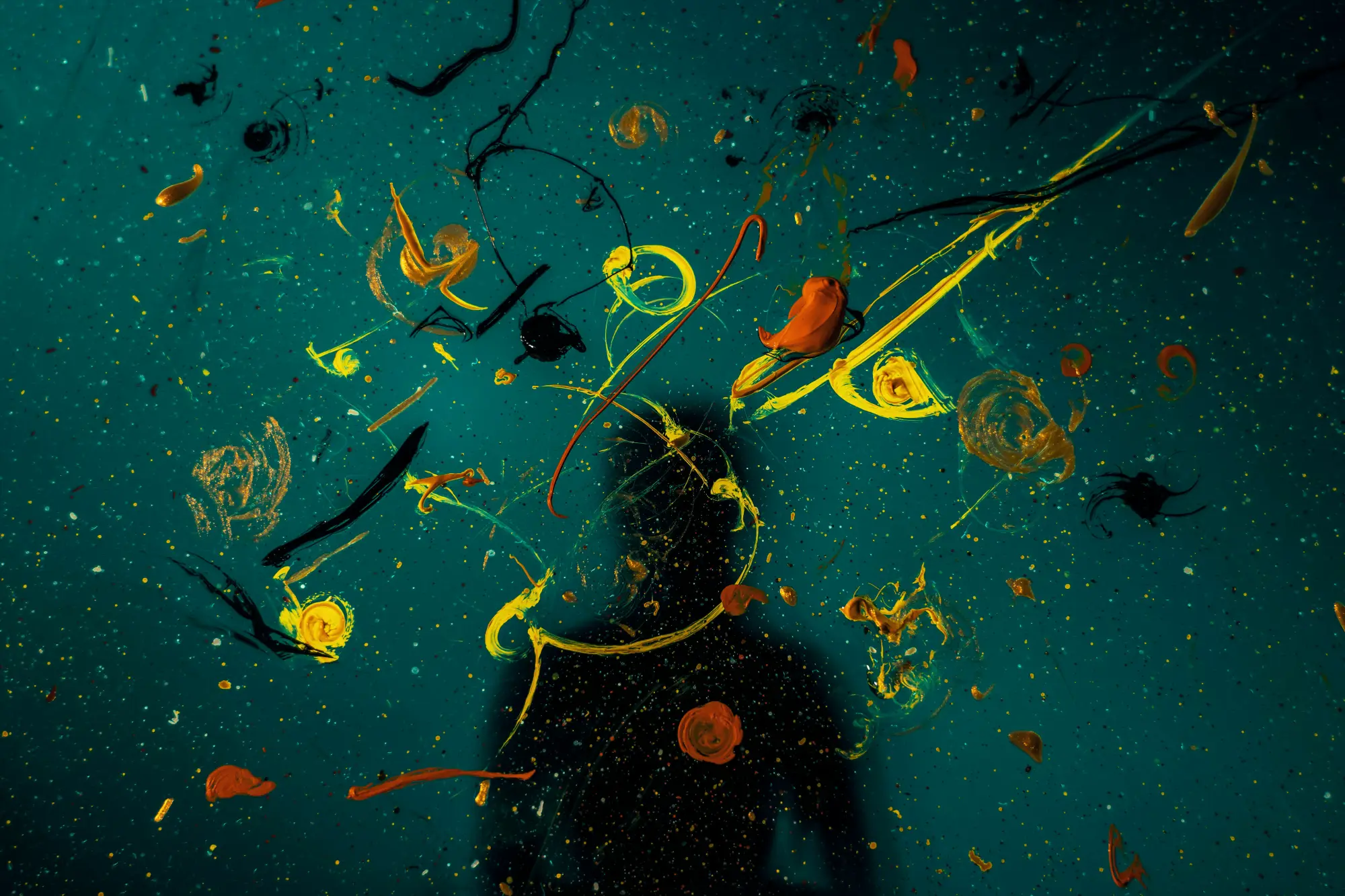
Self-injury and neurodivergence
A guest article by Christina.
Neurodivergence is the differences in how people interpret the world, cope with life and behave in different situations. It includes notable conditions like ADHD (attention deficit hyperactivity disorder), autism, dyslexia, and OCD (obsessive compulsive disorder). Self-injury can be considered a comorbid condition (meaning, it’s present alongside your primary diagnosis or condition) for many of these neurodivergences. So sometimes the self-injury distracts from other signs and symptoms for an earlier neurodivergence diagnosis.
I’m Christina – I’ve had dermatillomania (skin picking disorder) since I was just 4 years old. Doctors thought I’d “grow out of it” when I was little. I was an energetic child who couldn’t sit still, talked incessantly, struggled with rejection sensitivity and depression, and I had some traumatic experiences too. I was told “just stop picking at it” when I had bad acne as a teenager. I didn’t like people touching me, but I assumed it was the result of trauma. I procrastinate and I get bored. I’m a perfectionist and I get hyperfocused on something for hours. I struggled with bad eating habits from my late teens, and still consider myself addicted to sugar now.
I’ve had various counselling, CBT (cognitive behavioural therapy) and other therapy to help me with depression and the ‘addiction’ of dermatillomania, but they never worked for long. Anti-depressants helped to an extent but my skin never really had a break.
I studied psychology at school and university, and I did my own research just to try to understand myself. Why was my skin such an issue for me? Why did I feel like I couldn’t be happy? Why wasn’t therapy working? Why did I feel different to everyone else? Surely with what I knew, it should be easy to fix my problems?
My realisation
It’s only now, as a mother of two young children, that I’ve started to understand why it’s been so damn hard to ‘stop’. My husband was diagnosed with ADHD in his early thirties and it made so much sense once we looked beyond the stereotype.
We’re still on a journey to help him cope but now we see it in our children. At first, I thought it was just obvious in our son, who is distractable and struggles to switch tasks. But then I realised our daughter was struggling too. She was extremely sensitive in her body, very anxious and explosive with her emotions. She started picking her skin – which made me feel incredibly guilty that she must be copying me. But then I stumbled across something: women with ADHD are more likely to pick at their skin. It’s a sign of underlying difference. And suddenly it all made sense.
I’m now certain that I haven’t got a mental health problem that’s undiagnosed or untreatable, I’m certain I’m not ‘broken’. I’m not ‘still’ suffering from my childhood traumas despite lengthy therapy, I’m just different, I have ADHD. It’s mostly genetic too so it’s not ‘my fault’ that my kids have it. Now I know, I can work with it. If you’re struggling with SI, look at the bigger picture in your life because you might be neurodivergent too.




